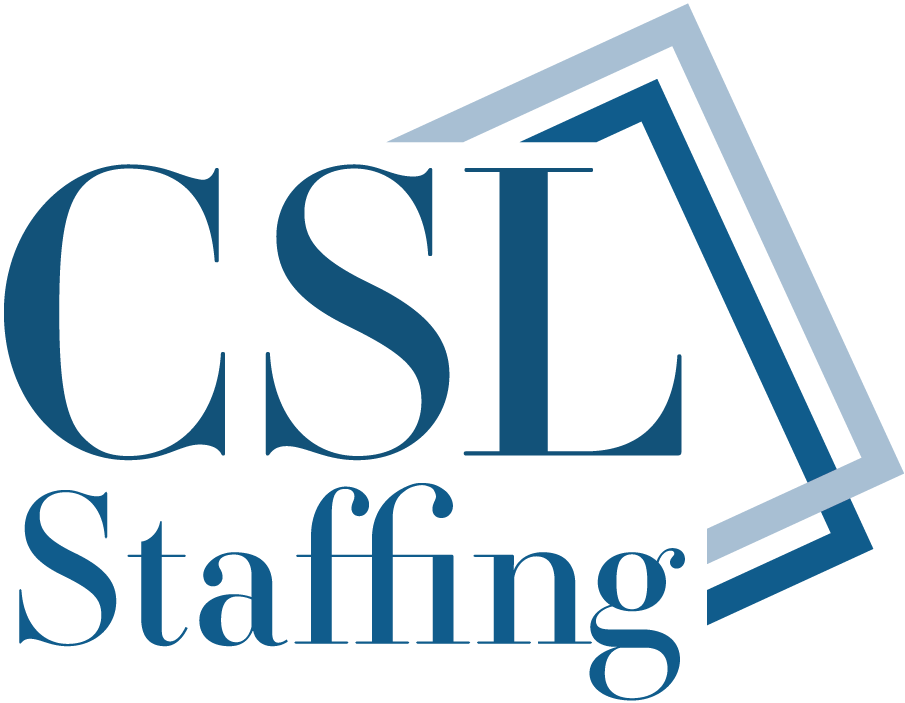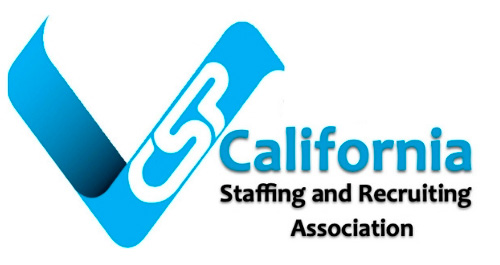2021 IRS Mileage Rates

On December 22, 2020, the Internal Revenue Service (IRS) issued the 2021 optional standard mileage rates used to calculate the deductible costs of operating an automobile for business, charitable, medical or moving purposes.
Beginning January 1, 2021, the standard mileage rates for the use of a car (also vans, pickups or panel trucks) will be:
- 56 cents per mile for business miles driven (down a one-and-a-half cents from the 2020 rate).
- 16 cents per mile driven for medical or moving purposes for qualified active duty members of the Armed Forces (down one cent from the 2020 rate).
- 14 cents per mile driven in service of charitable organizations (same as 2020).
The standard mileage rate for business use is based on an annual study of the fixed and variable costs of operating an automobile, including depreciation, insurance, repairs, tires, maintenance, gas and oil. The rate for medical and moving purposes is based on the variable costs, such as gas and oil. The charitable rate is set by law.
Under California Labor Code section 2802, employers must fully reimburse employees for all expenses actually and necessarily incurred. This includes reimbursing employees for the required usage of their personal vehicle. However, expense reimbursement for personal vehicle use is not limited to just gas, but also wear and tear, repair, oil, insurance, and other costs associated with the use and maintenance of the vehicle.
Both the California courts and the California Division of Labor Standards Enforcement (DLSE) have stated that using the IRS mileage rate will generally satisfy an employer’s obligation to reimburse for business-related personal vehicle expenses, absent evidence to the contrary. If an employee can show that the chosen mileage reimbursement rate, even the IRS rate, does not cover all actual expenses the employee has incurred, the employer must pay the difference.
As part of their January 1 compliance plan, employers should ensure that their expense reimbursement policies are up-to-date to reflect the new, lower IRS mileage rate.
Matthew J. Roberts, Employment Law Counsel/Subject Matter Expert
CalChamber members can read more about Expense Reimbursements in the HR Library. Not a member? See how HRCalifornia can help you.
The post 2021 IRS Mileage Rates appeared first on HRWatchdog by Matthew J. Roberts, Esq..




